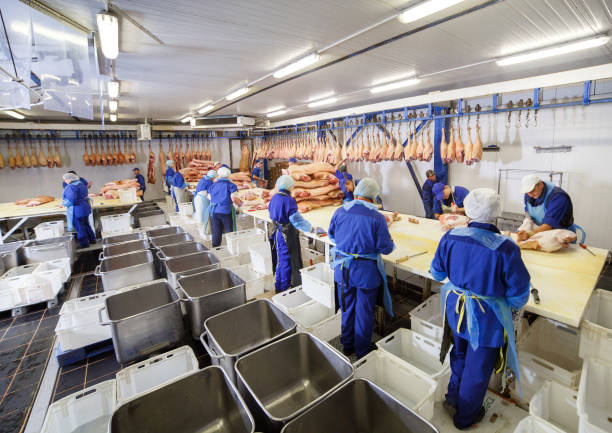Frequently Asked Questions
What does a Truck Dispatcher do?
🌍How ready are you?
A Truck Dispatcher is responsible for coordinating and managing the movement of trucks and freight. They schedule deliveries, communicate with drivers, and ensure efficient transportation operations.
What are the key responsibilities of a Truck Dispatcher?
Key responsibilities include assigning routes to drivers, coordinating delivery schedules, tracking shipments, communicating with drivers and clients, and resolving any issues that may arise during transportation.
What skills are essential for a Truck Dispatcher?
Essential skills include strong communication, organizational abilities, time management, problem-solving, and the ability to handle high-pressure situations. Familiarity with transportation regulations and geographical knowledge is also beneficial.
How does a Truck Dispatcher handle emergencies or unexpected issues?
Truck Dispatchers are trained to stay calm under pressure. They use effective communication to update drivers on changes, reroute shipments if necessary, and collaborate with relevant parties to resolve unexpected issues efficiently.
What technologies do Truck Dispatchers use?
Truck Dispatchers use Transportation Management Systems (TMS), GPS tracking, and communication tools to monitor and manage the movement of trucks. These technologies help optimize routes, track shipments in real-time, and enhance overall efficiency.
How does a Truck Dispatcher ensure compliance with regulations?
Truck Dispatchers are well-versed in transportation regulations. They ensure that drivers adhere to hours-of-service regulations, weight restrictions, and other legal requirements, minimizing the risk of violations and promoting safety and compliance.
What challenges might a Truck Dispatcher face in their role?
Challenges may include dealing with unforeseen delays, managing tight delivery schedules, and addressing unexpected issues like vehicle breakdowns. Effective problem-solving and communication skills are crucial in overcoming these challenges.
How does a Truck Dispatcher communicate with drivers and clients?
A8: Communication is typically done through phone, radio, or specialized communication systems. Modern technology, such as mobile apps and messaging platforms, is often used to provide real-time updates to drivers and keep clients informed about shipment status.
What is the role of a Truck Dispatcher in optimizing routes and reducing fuel costs?
Truck Dispatchers use route optimization software to plan the most efficient paths for deliveries, reducing mileage and fuel costs. This not only saves resources but also enhances overall operational efficiency.
How does a Truck Dispatcher contribute to customer satisfaction?
By ensuring timely and efficient deliveries, resolving issues promptly, and maintaining clear communication, Truck Dispatchers play a vital role in meeting customer expectations and enhancing overall satisfaction.
Conclusion
In conclusion, a Truck Dispatcher is a linchpin in the logistics and transportation industry, orchestrating the smooth movement of goods. Their multifaceted role involves juggling schedules, optimizing routes, and maintaining constant communication to ensure on-time deliveries. The job demands a blend of organizational prowess, effective communication, and adaptability to handle unexpected challenges.
Through leveraging technology, adhering to regulations, and fostering collaboration, Truck Dispatchers not only overcome hurdles but also contribute significantly to the efficiency, safety, and customer satisfaction within the trucking industry.






